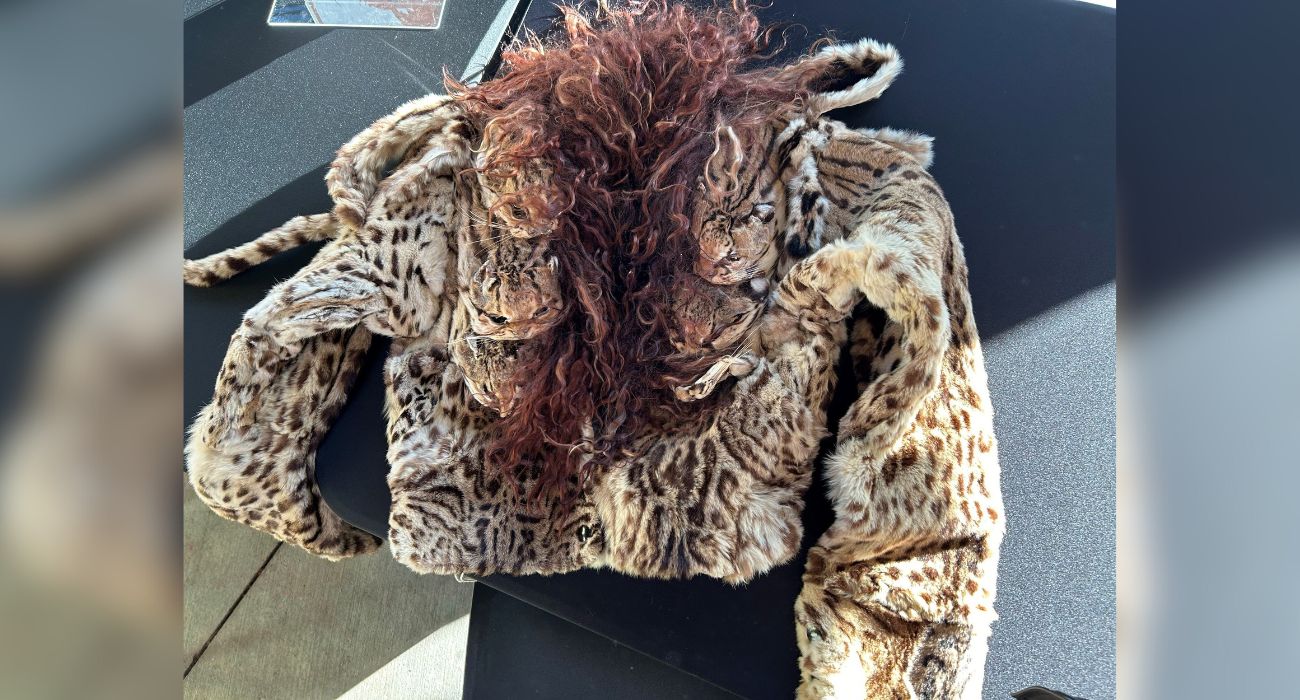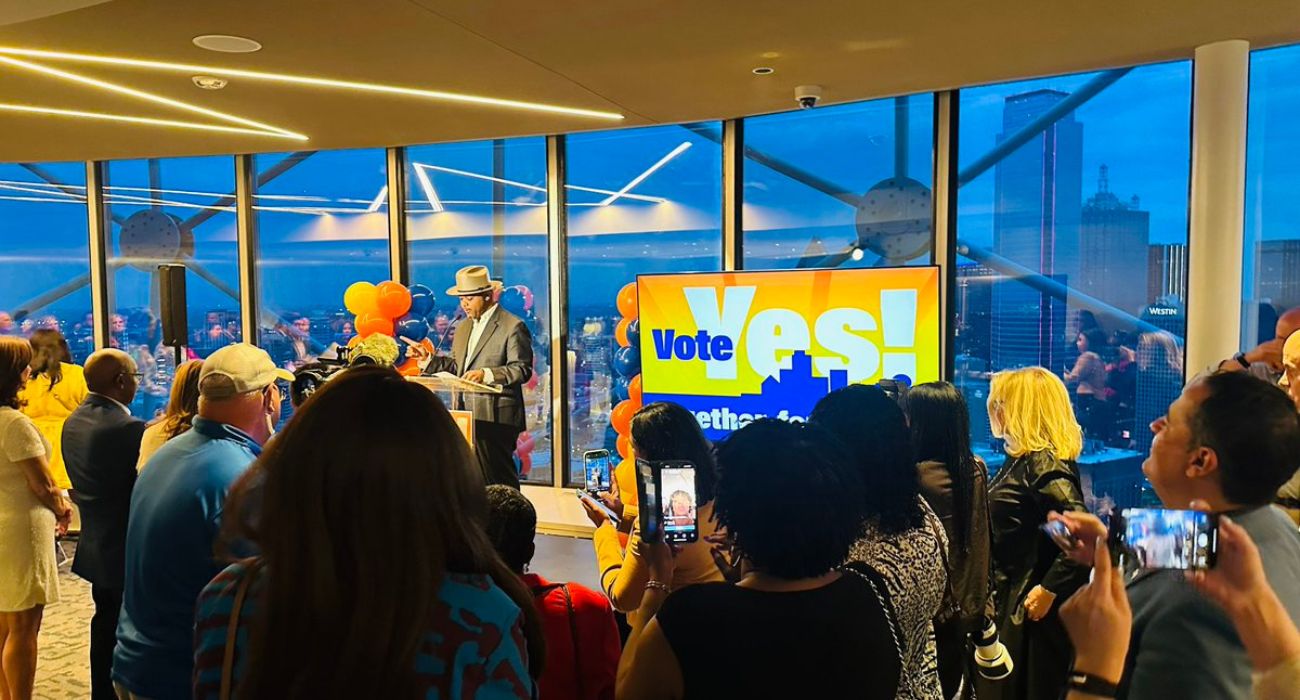A fur coat made from an endangered species was turned into the Dallas Zoo during an event held to raise awareness about illegal wildlife trafficking.
The Texas Parks & Wildlife Department (TPWD) posted a photo of the coat, which was made of ocelots, a medium-sized wildcat of which there are believed to be fewer than 100 alive today. The fur coat would have required about 25 ocelots to make. Ocelots, which are native to Texas, Arkansas, and Louisiana, came under federal protection in 1972.
The Toss the Tusk event was held at the Dallas Zoo on October 20. People possessing illegal goods, such as ocelot coats and elephant tusks, were encouraged to attend and surrender them.
Toss the Tusk is part of a national endeavor spearheaded by the U.S. Fish & Wildlife Service (FWS). Alongside the Dallas Zoo, San Diego Zoo Safari Park, St. Louis Zoo, and Oakland Zoo participated this year.
Items surrendered at Toss the Tusk events are eventually transported to a repository facility owned by the FWS in Colorado.
While it is not illegal to own these wildlife items if they were lawfully attained — for instance, elephant ivory was historically used to fashion piano keys and trinkets — surrendering them can help curb illegal traffic.
“Surrendering items made from wildlife parts permanently removes them from the market and helps to reduce the demand for wildlife trafficking. They’ll be used for research, education, and training to combat illegal trafficking,” TPWD claimed in a post on X, the social media platform formerly known as Twitter.
Illegal wildlife trafficking continues to be a global issue today, with sharks and rhinos being the primary targets. Federal officials estimate that the illicit trade reels in between $7.8 billion and $10 billion per year, fueling the criminal activity. The trade is often also connected to broader trafficking webs controlled by organized crime networks.
In Texas last year, 20-year-old Savannah Nicole Valdez allegedly tried to smuggle a spider monkey into the United States at the border crossing in Brownsville, as previously covered by The Dallas Express.
When border patrol agents saw the creature, Valdez allegedly fled the checkpoint, speeding through a traffic light. Online postings listing the animal for sale led investigators to her residence shortly thereafter, and she was taken into custody.
She pleaded guilty to the federal charges in late 2022 and is currently out on bond awaiting sentencing, which could include up to 20 years in prison and a fine of up to $250,000.






